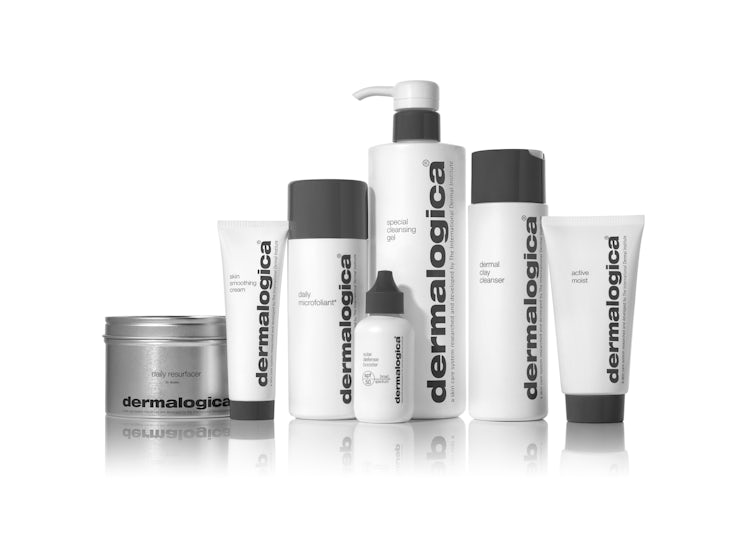How Unilever is shifting from a food to a personal care business
Unilever said it is on the way to personal care becoming 50% of its business as the FMCG company shifts focus away from food though a strategy based on premiumisation and innovation.

Unilever made four acquisitions in its prestige personal care division over the first half of the year – Murad, Dermalogica, Kate Somerville and REN – and now plans to ramp up efforts to grow it to a €1bn business.
Prestige already has sales of €400m, while personal care now makes up 37% of Unilever’s total business and is heading towards 50%, said CEO Paul Polman.
Speaking on a conference call following Unilever’s second quarter results this morning (23 July), CEO Paul Polman said Unilever sees big opportunities to increase its premium personal care business in a global market that is expected to see growth of 6% a year. While it is still open to other acquisitions, the strategy now is to use R&D and consumer insights to spur sales, both in prestige and its more mass market segments.
“We will be a major player in the [prestige] segment. Our personal care business is now the second biggest in the world after L’Oreal and we are on a continuous path to improvement. We will learn from our experiences and take the right actions to ensure success,” he added.
Unilever hopes new innovations will be the main way it can grow its business. Polman claimed Unilever’s innovation pipeline is stronger than ever and has contributed 20% more to turnover than it did in 2013 while use of new technology is up from 35% of innovations to 45%. The aim is to achieve a target of 75%, with the other 25% used to support value brands.
He cited the example of Tresemme, which Unilever bought in 2011 when it was a €350m brand. By ensuring growth in its core markets in the US and UK, expanding into new emerging markets and premiumising the brand through products such as “expert selection” it has more than doubled sales to €750m.
“[Tremsemme] is on the way to becoming a billion euro brand. We want to take small, local, successful businesses and scale them up,” he said.
Polman claimed this is now the seventh year in a row that Unilever has increased sales, with turnover up 12% and underlying sales growth of 2.9%. Sales volume was up by 1.3% while pricing rose 1.5%.
Polman said the results showed a “different, more resilient” Unilever that has benefitted from a longer term focus although he acknowledged that market conditions remain challenging with consumer demand still weak and lower disposable incomes.
“We want to drive costs and drive up agility,” he said. “Our portfolio is stronger than the sum of its parts.”







